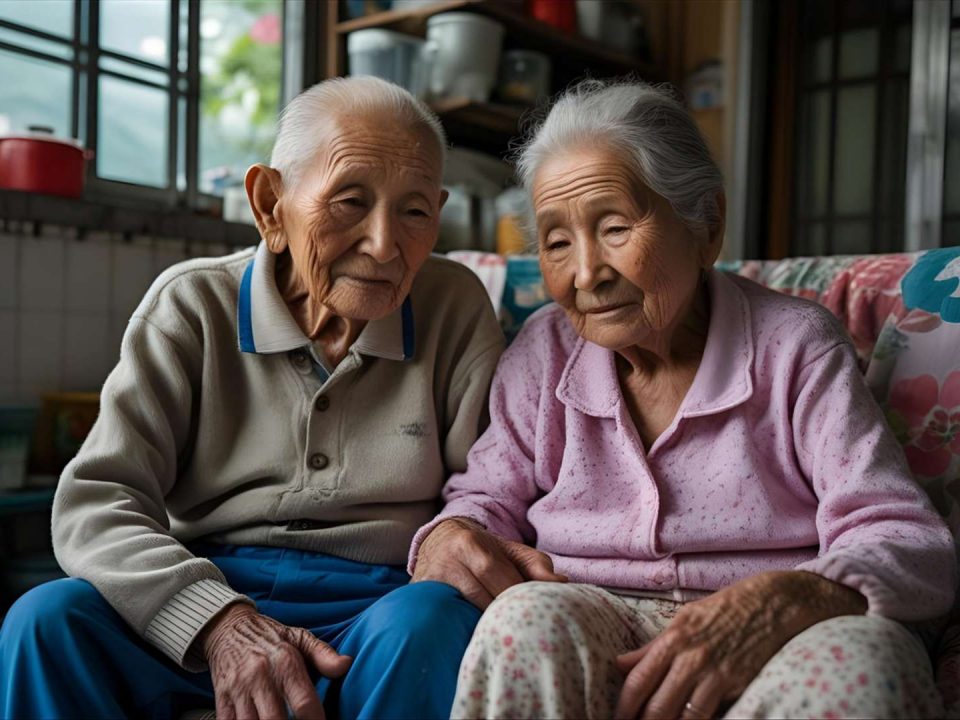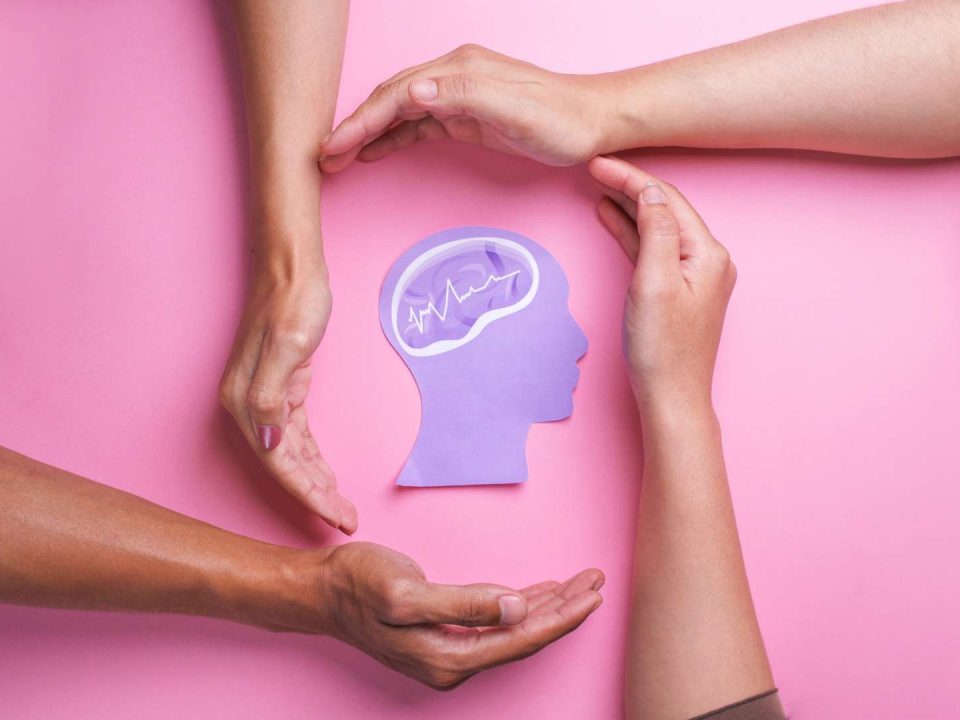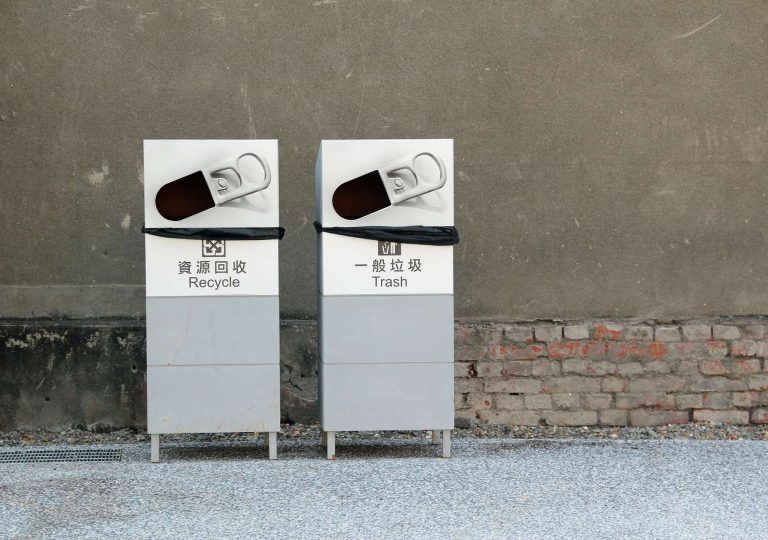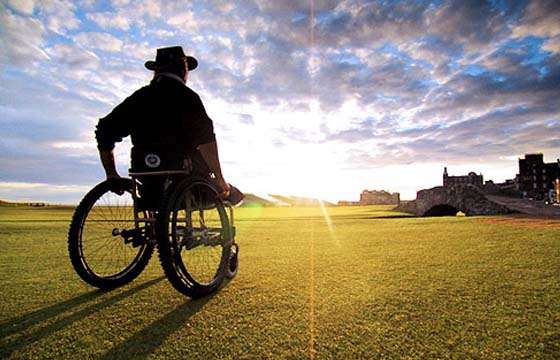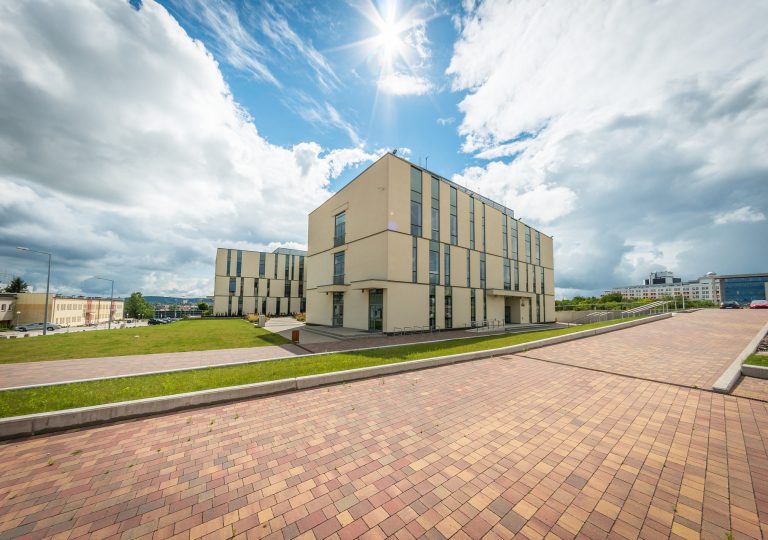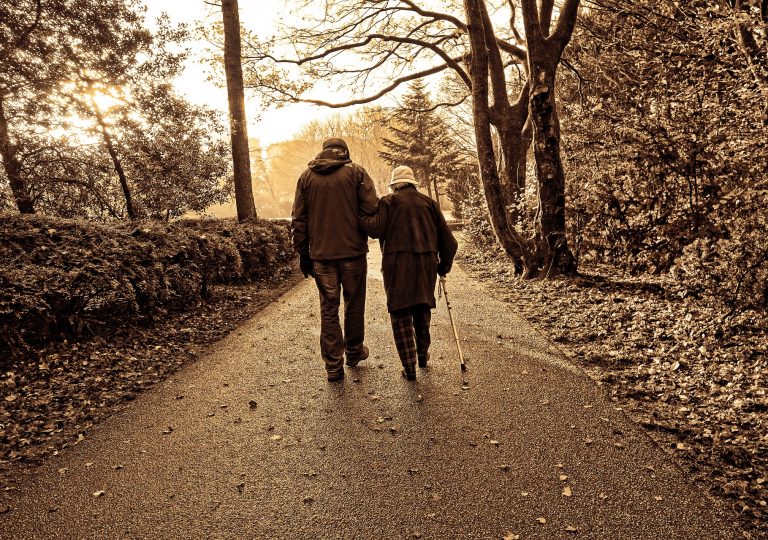July 9, 2025
Youth I.D.E.A.S. 84 Society and Livelihood —— Insights into the Lives of Community Carers and the Cared Hong Kong’s care policy has established “ageing in place as the core, with institutional care as back-up.” This means the elderly are mainly to be cared for by the family, with community services as support, i.e. most caregiving is provided by family members. As the ageing population combines with a declining birthrate, home carers encounter increasing pressures, which challenge the effectiveness of the “ageing in place as the core” policy. Some tragic incidents showed that carers often face high stress and emotional struggles, […]
December 24, 2024
Youth I.D.E.A.S. 79 Society and Livelihood —— Enabling Robust Cross-border Health Services for Hong Kong Residents Hong Kong is renowned for its healthcare system, which operates on a dual-track basis comprising both the public and private sectors that complement each other. The public healthcare sector, subsidised by the Government, provides affordable and appropriate services to meet the needs of citizens. However, the healthcare system is overwhelmed due to the increasing ageing population and the growing number of chronic disease patients, all while facing a shortage of healthcare manpower. Thus, society must seek other measures to address these issues and achieve the […]
May 30, 2024
Youth I.D.E.A.S. 75 Society and Livelihood —— Supporting Wellness of Young People Transitioning into Work In recent years, there has been growing concern over the emotional and mental well-being of Hong Kong’s younger generation. While much attention has been given to the teenage group, the challenges faced by young adults transitioning from school to the workforce often go unnoticed. These individuals encounter various pressures and obstacles related to work, relationships, environmental changes, and adapting to new experiences. Consequently, they encounter significant challenges, which can have a detrimental impact on their mental health. Hong Kong has long been recognised as a […]
July 25, 2023
Youth I.D.E.A.S. 73 Society and Livelihood — Working Towards Sustainable Consumption Over the past few decades, Hong Kong has experienced rapid economic development, transforming it into an internationally affluent city. However, this has also resulted in excessive resource consumption and waste disposal. As Hong Kong enters a post-pandemic recovery phase and society returns to normal, it is worth all stakeholders in society to consider how to change their consumption habits, and what the Government and society as a whole could do to aid the transition to sustainable and carbon-neutral lifestyles. The Youth I.D.E.A.S. has conducted research about “Working Towards Sustainable Consumption”. Data was […]
May 30, 2022
Youth I.D.E.A.S. 68 Livelihood A Study on the Rise of Fake News The advancement of information technology and online platforms, has enabled people across the globe to have new ways to connect to each other, gather and spread information. In an era of information expansion, the spread of “fake news”[1] has become an increasingly serious issue in many regions of the world. It influences people’s behaviour and choices and can create public panic[2] and social division. The decline in collective trust is significant. Many international authorities have taken action to limit the spread of fake news. The […]
September 27, 2021
Youth I.D.E.A.S. 64 Livelihood Unleashing the Potential of Local Entertainment Industry 22 September, 2021 Since 2009, the HKSAR Government has listed the Cultural and Creative Industries (CCI) as one of Hong Kong’s six key industries. In 2018, the Cultural and Creative Industries contributed 4.4% to the SAR’s GDP and employed 5.6% of its workforce. It is therefore considered one of Hong Kong’s most dynamic industries. The CCI comprise a wide range of activities that utilises creativity and intellectual capital to produce cultural, artistic and creative content. Entertainment activities such as music, film, television programme production, and online […]
May 17, 2021
Youth I.D.E.A.S. 60 Livelihood Balancing Privacy Protection and Big Data Development 16 May, 2021 There has been an increase in the development of digital identity worldwide with both public and private sectors utilising big data analysis and facial recognition to improve the efficiency and convenience of services. Through the support of artificial intelligence and deep learning, the accuracy of facial recognition by robots has surpassed that of humans, as shown in the GaussianFace algorithm developed by the Chinese University of Hong Kong in 2014. According to a tech economy report, the global market of facial recognition […]
January 11, 2021
Youth I.D.E.A.S. 56 Livelihood Public Health Lessons Learnt from COVID-19 11 January, 2021 The COVID-19 Pandemic in 2020 resulted globally in over 82.6million confirmed cases and 1.8million deaths; Hong Kong had a toll of 8,846 cases and 148 deaths. This has highlighted the issue of public health for the first time since 2003. Having the experience of dealing with SARS in 2003, the public health of Hong Kong has since been gradually improving. This has included disease-prevention and developing public health education. Since the start of COVID-19, Hong Kong citizens in general took measures to prevent […]
September 28, 2020
Youth I.D.E.A.S. 52 Livelihood Maximizing the Advantages of Flexible Working Arrangements 27 September, 2020 The outbreak of the COVID-19 pandemic at the start of 2020 has drastically changed workplace culture. To help contain the spread of the virus many companies were forced to shutdown. Other employers implemented “special working arrangements” to maintain social distance among employees and adopt a “new normal” brought about by the pandemic. These social distancing measures have included flextime, shift work and remote working. At the same time, COVID-19 has also changed people’s daily lives and consumption practices. Many businesses have adapted […]
December 10, 2019
Youth I.D.E.A.S. 48 Livelihood Strengthening Intergenerational Understanding 9 December, 2019 A “Generation” refers to a group of people with collective characteristics, who were also born and/or are living within the same time period. The impact of rapid changes in politics, economics, societal and technology would result in the emergence of various cohorts, each with their own individual characteristics and features[1]. Intergenerational relationships are important as every society requires cooperation and interaction between respective generations. Recent social events have triggered vigorous discussions, arguments and sometimes conflict between different generations in Hong Kong. The majority of protesters have […]
August 21, 2019
Youth I.D.E.A.S. 44 Society and Livelihood Co-Living: An Alternative Hong Kong Housing Solution for Youth? 21 August, 2019 Co-living is a modern form of shared housing that combines private living spaces with shared communal facilities. It provides an affordable housing alternative by sharing expenses. The idea of co-living also emphasizes building up interpersonal networks and promoting social contact through community events. The earlier form of co-living originated from Denmark’s co-housing projects in the 1970s. This extended gradually to The Netherlands and onto the UK. In recent years, it can be seen throughout the US, across Europe, […]
March 28, 2019
Youth I.D.E.A.S. 40 Society and Livelihood Stepping up Efforts in Reducing and Recycling Waste in Hong Kong 28 March, 2019 The quantity of Municipal Solid Waste (MSW) in Hong Kong has increased more than 40% over the past 26 years, from 2.7 million tonnes in 1991 to 3.92 million tonnes in 2017, (According to the Environmental Protection Department’s report “Monitoring of Solid Waste in Hong Kong – Waste Statistics for 2017”). The amount of waste has subsequently caused growing concern and increased awareness amongst the general public. This is especially so due to the harmful effects of […]
November 27, 2018
Youth I.D.E.A.S. 36 Society and Livelihood Enhancing Career Opportunities for Higher Educated Youth with SEN or Disabilities 27 November, 2018 Under the Education Bureau’s Integrated Education Policy, the term “special educational needs” (SEN) refers to students who have learning problems or disabilities, including specific learning difficulties, intellectual disability, autism spectrum disorders, attention deficit/hyperactivity disorder, physical disability, visual impairment, hearing impairment, speech and language impairments, and mental illness. Under the Hong Kong Rehabilitation Programme Plan, the categories of disability also include all of the types of SEN mentioned above. Students with SEN may also be known as […]
July 26, 2018
Youth I.D.E.A.S. 32 Society and Livelihood Boosting Birth Rate in Hong Kong 26 July 2018 With the Baby Boomer generation entering old age, Hong Kong is currently experiencing a rapidly aging population. In 2016 there were 1.16 million people aged over 65 and this is expected to double to 2.37 million by 2036. The elderly dependency ratio is also expected to double to 527 in 2036, compared to 231 in 2016. As well as longer lifespans, a low birth rate is also contributing to Hong Kong’s aging population. According to the World Bank, Hong Kong’s fertility rate […]
February 11, 2018
Youth I.D.E.A.S. 28 Society and Livelihood Promoting Organ Donation in Hong Kong 11 February, 2018 Every day, over 2,000 patients in Hong Kong are waiting for an organ transplant to extend their lives. However, the organ donation rate in Hong Kong is currently amongst the lowest in the world at 6.3 donors per million people, seven times lower than that of Spain in 2016. Some Hong Kong patients even die whilst waiting for an organ transplant. Hong Kong has long maintained a policy of ‘voluntary organ donation’. Under this mechanism, everyone can register themselves on the Centralised […]
May 31, 2017
Youth I.D.E.A.S. 22 Society and Livelihood How Young People Cope with Stress 31 May, 2017 Adolescence is a time of change and uncertainty: biological, psychological, emotional, and behavioral. In a highly competitive society like Hong Kong’s, many adolescents experience stress, often exacerbated by personal, familial, and social factors. How young people cope with stress is therefore worthy of investigation. According to the World Health Organization (WHO, 1948), “Health is a state of complete physical, mental and social well-being and not merely the absence of disease or infirmity.” In other words, in addition to keeping a […]
January 24, 2017
Youth I.D.E.A.S. 18 Society and Livelihood Youth People’s Views on “Hong Kong 2030+” 24 January, 2017 Hong Kong is an international metropolitan city in Asia. Urban planning and strategic development play a critical role in continuing to make the city more liveable. Good future development of the city depends on whether it has appropriate and forward-looking urban planning. “Hong Kong 2030+: Towards a Planning Vision and Strategy Transcending 2030” (hereinafter referred to as “Hong Kong 2030+”), a vision-driven, pragmatic and action-oriented strategic plan, was released by the Development Bureau and Planning Development in October 2016. It […]
September 27, 2016
Youth I.D.E.A.S. 14 Society and Livelihood Challenges Faced by Ethnic Minorities in Hong Kong 27 September, 2016 Hong Kong is a multicultural society. According to the 2011 population census, a total of 192,400 people from ethnic minorities were living in Hong Kong. Of these people, 61,400 were South Asians, which is the largest ethnic group in Hong Kong, constituting 31.9% of the ethnic minority population. The growth rate of the ethnic minorities’ population is higher than that of Hong Kong as a whole, and this population is relatively young. Ethnic minorities make up an important part of […]
April 28, 2016
Youth I.D.E.A.S. 10 Society and Livelihood What Makes Young People Feel Negative 28 April, 2016 According to the World Happiness Report 2016[1], Hong Kong has fallen to 75th place in world happiness rankings among the 157 countries and territories surveyed. The city has dropped three places since 2015. In terms of developed economies, Hong Kong has a relatively low ranking. The rankings of other Asian countries, such as Singapore (22nd), Thailand (33rd), Taiwan (35th), Japan (53rd) and Korea (58th), are higher than that of Hong Kong. A survey reveals that Hong Kong has dropped to its lowest […]
December 22, 2015
Youth I.D.E.A.S. 06 Society and Livelihood Attracting Talents to Hong Kong: Impact and Opportunities 22 December, 2015 With the transformation of Hong Kong into a knowledge-based economy, the demand for talent has increased. In addition to this, the challenges posed by an ageing population and declining fertility rate are further exacerbating the ardent demand for qualified and skilled specialists. The government of Hong Kong has implemented admission schemes through which professionals and entrepreneurs can attract talented people to work in Hong Kong. According to the Immigration Department’s statistics, 51,827 non-local talented people were approved to work […]
August 27, 2015
Youth I.D.E.A.S. 02 Society and Livelihood What can the Younger Generation do for an Aged Society? 27 August, 2015 The ageing population is a global trend. According to the Census and Statistics Department’s recent estimate[1] of Hong Kong’s population, the proportion aged 65 or above is projected to rise markedly, from 13% in 2011 to 30% in 2041. This means a gradual change from one elder for every three persons in the population, to almost one for every seven. The rise in the median population age may also reflect this trend. It is estimated that the […]


